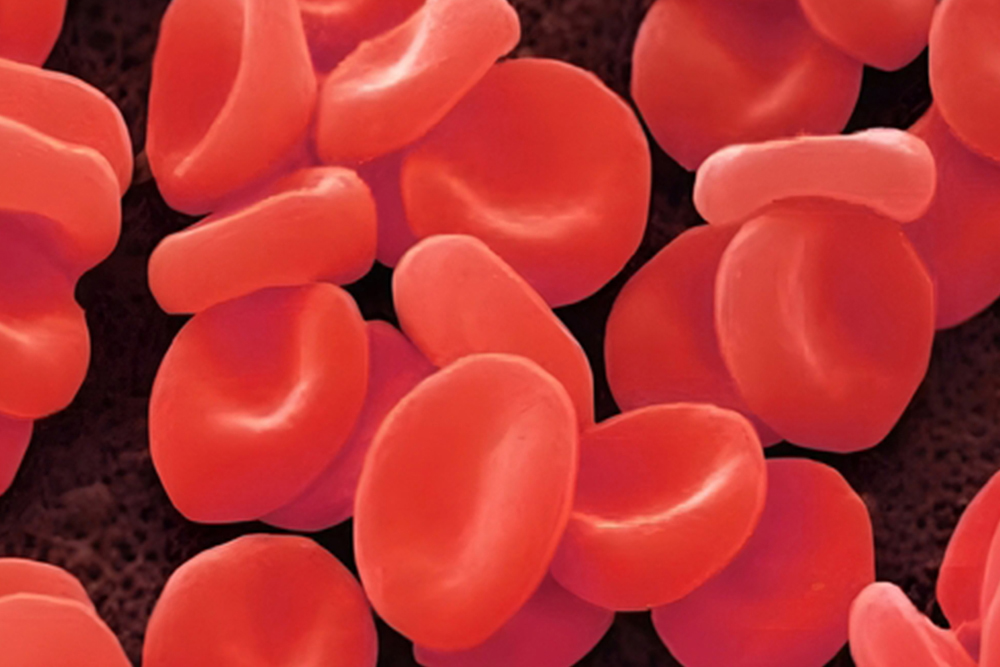Anemia affects 15.4% of patients with chronic kidney disease (CKD) in the United States, with prevalence rising with disease progression, age, and among Black, Hispanic, and female populations. Linked to reduced erythropoietin (EPO) production and impaired iron metabolism, anemia in CKD worsens quality of life, increases hospitalizations, and raises cardiovascular and mortality risks. Standard treatments like iron supplementation, erythropoietin-stimulating agents (ESAs), and blood transfusions have limitations, including gastrointestinal side effects, risk of iron overload, and cardiovascular concerns. Novel therapies like hypoxia-inducible factor prolyl hydroxylase (HIF-PH) inhibitors show promise by enhancing endogenous EPO production and improving iron metabolism with fewer side effects.
Managing anemia in CKD remains challenging, particularly in ESA-resistant patients or those with cardiovascular disease or secondary hyperparathyroidism. Inflammation and elevated hepcidin levels contribute to functional iron deficiency and ESA hyporesponsiveness. Emerging treatments, including HIF-PH inhibitors and hepcidin antagonists, target these underlying issues, potentially improving hemoglobin levels and reducing reliance on traditional therapies.
Reference: Pramod S, Goldfarb DS. Challenging patient phenotypes in the management of anaemia of chronic kidney disease. Int J Clin Pract. 2021;75(11):e14681. doi: 10.1111/ijcp.14681.









